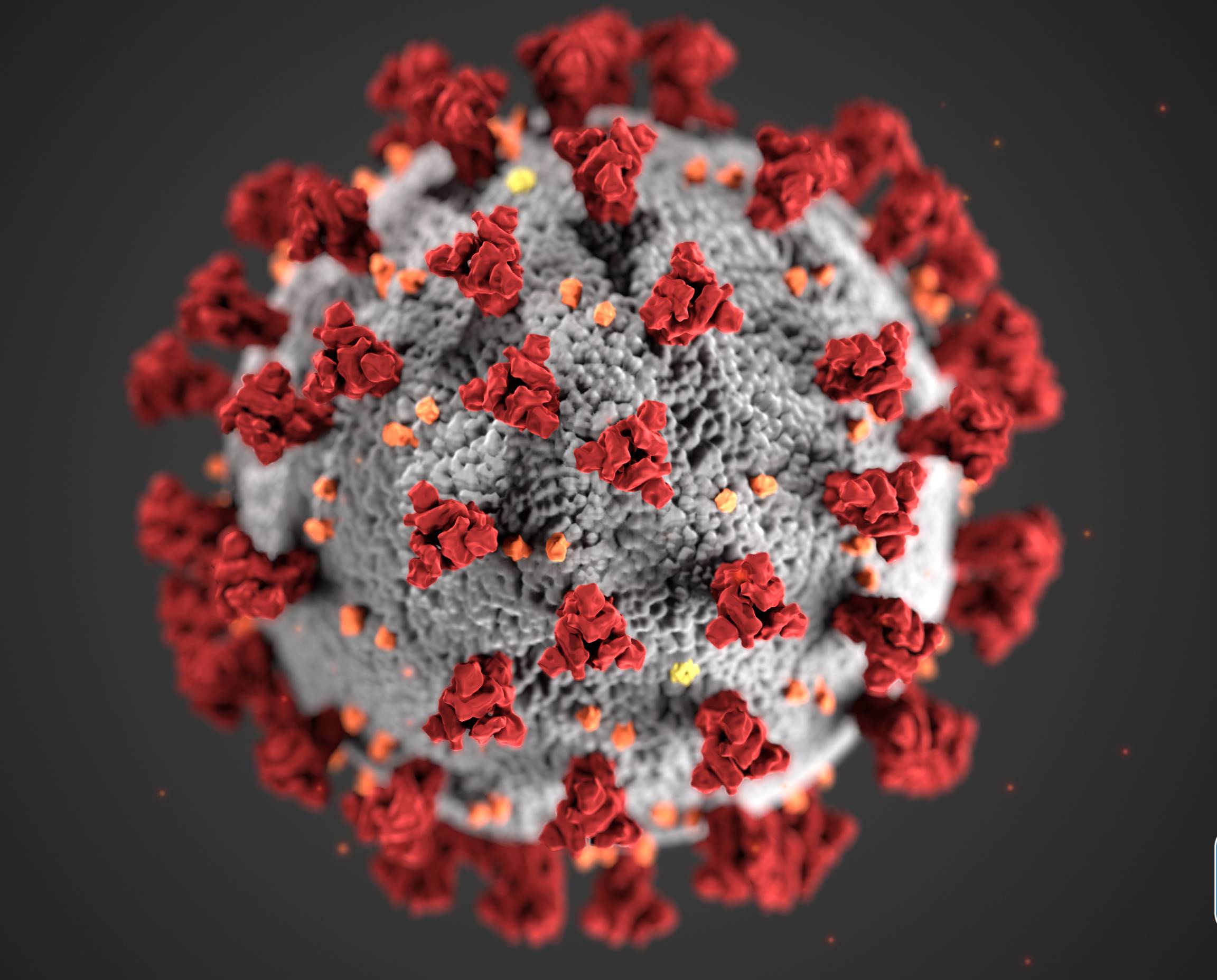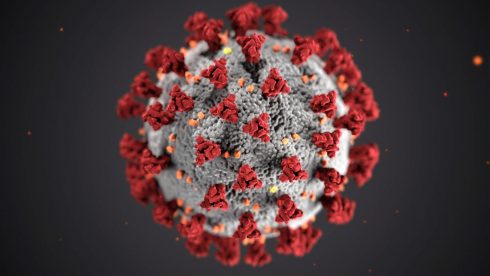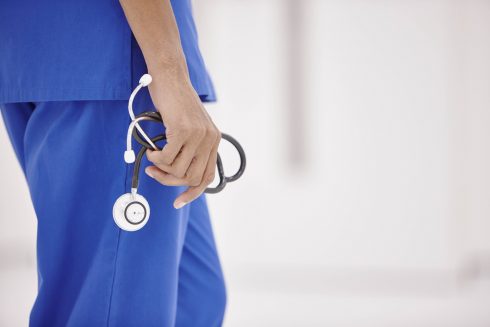RESEARCH done by a Spanish team has discovered that people who contracted a severe bout of Covid-19 may suffer from accelerated ageing.
Victims of acute Covid-19 have a reduced number of telomeres that protect chromosomal DNA from progressive degeneration.
The findings from medics based in the Madrid area have been published in the scientific magazine, Critical Care.
READ MORE:
- Covid vaccine manufacturer AstraZeneca admits for the first time that its jab can provoke side effects such as thrombosis
- Covid sufferer had the disease for two YEARS after it mutated 50 times inside his body, health conference in Spain to hear

The researchers analysed data from 49 patients who were admitted with the coronavirus in local hospitals between August 2020 and April 2021.
They looked at those who had the longest stays in the Intensive Care Unit (ICU) or who needed invasive mechanical ventilation.
The patients had an average age of 60 years, with 71.4% being men and an average ICU stay of 12 days.
The scientists studied the relative length of the telomeres in the blood of the 49 people, using real-time PCR analysis at the time of hospitalisation and then a year later after discharge.
The results have showed that patients with a longer ICU stay and those who required invasive mechanical ventilation showed a greater shortening of telomere length during their follow-up.
This shortening ‘increases the chances of developing virus-induced cellular senescence, a process by which cells irreversibly interrupt their cell cycle without dying’, the study indicates.
Cellular senescence can also involve tissue damage, inflammation, and respiratory problems.
In the group of patients who required invasive mechanical ventilation, they observed greater telomere shortening in patients who developed pulmonary fibrosis one year after recovering from Covid-19.
The researchers say they still don’t know whether Covid-induced senescence is reversible, and what problems it can cause.
Despite an increased level of knowledge, they recommend more studies and follow-ups of the 49 patients they monitored.
Click here to read more Health News from The Olive Press.








